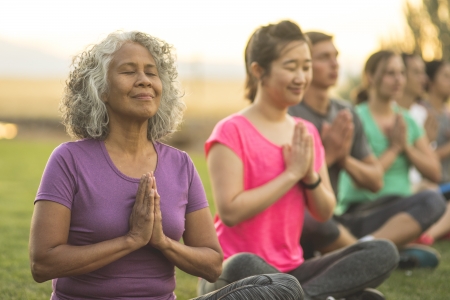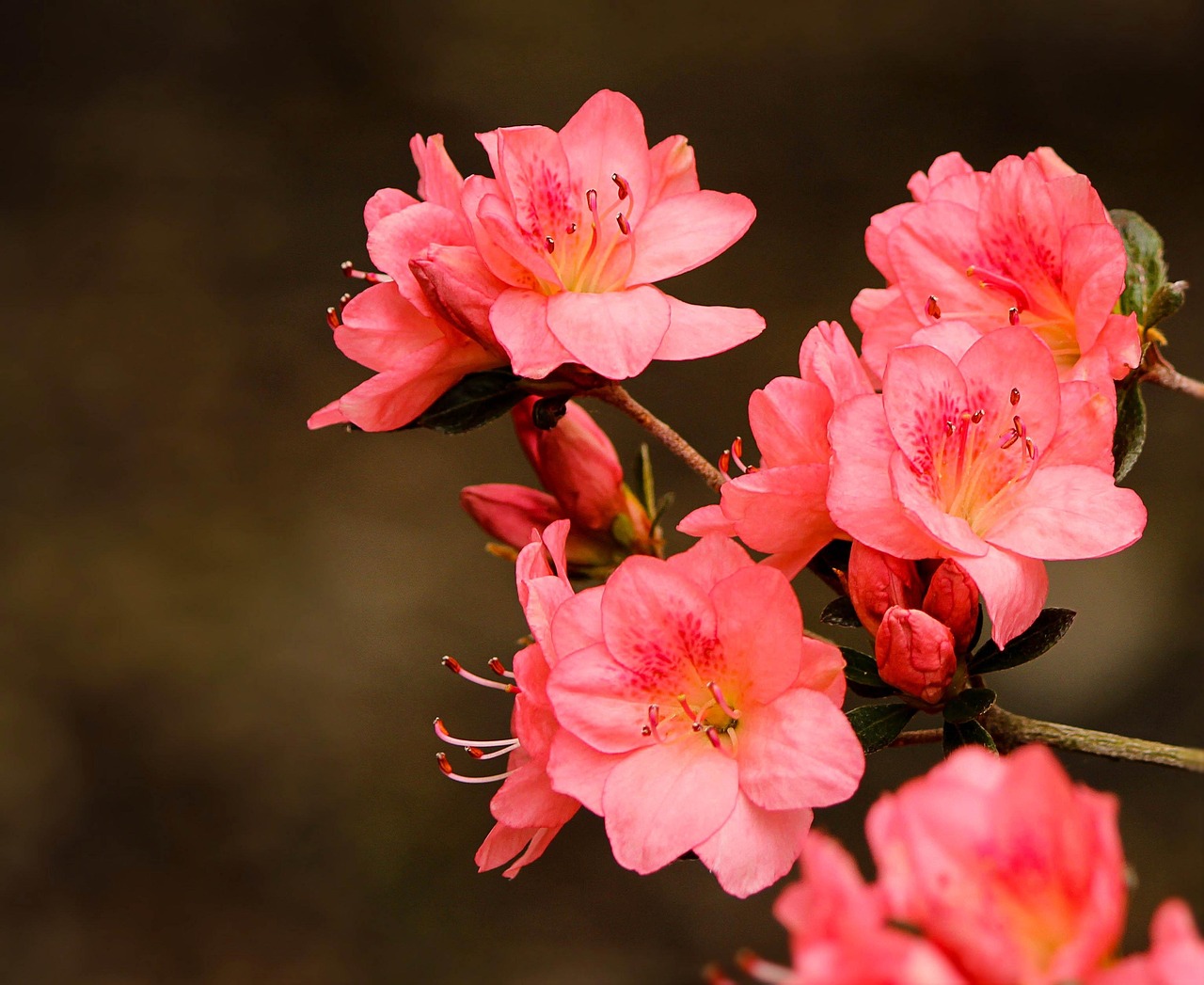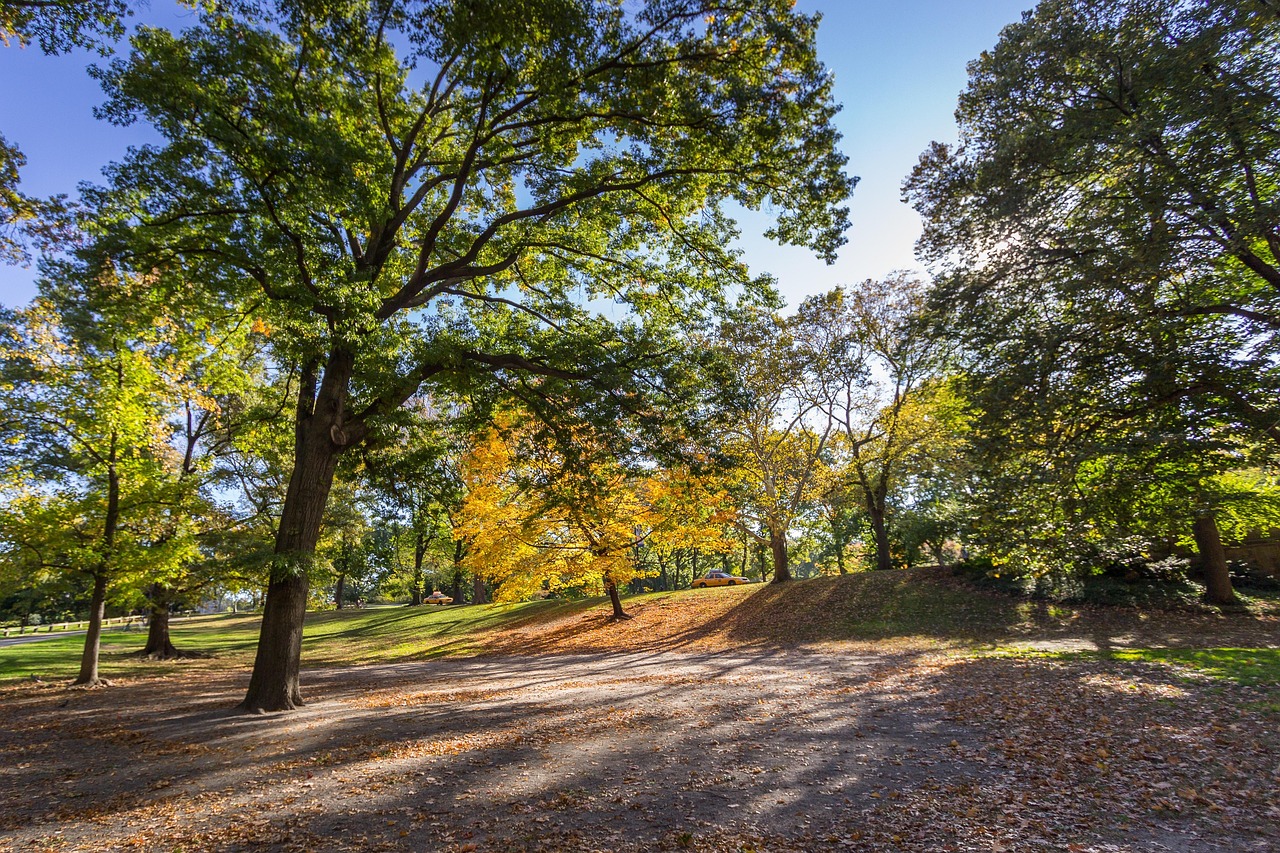Scroll to the bottom to download the printable PDF.
Introduction
For about a decade, Temple Israel Minneapolis has been organizing a pre-Hanukkah program encouraging our learners to think of Hanukkah not just as a time they might be given gifts, but also a time both to save and to give gifts to others as well.
This year, the more we looked at Hillel’s teaching from Pirkei Avot—“If I am not for myself, who will be for me, but if I am only for myself, what am I? And if not now, when?” (Pirkei Avot 1:14)—the more we came to read the text through a lens of wellness. How do we balance self-care with taking care of others? And how do we discern the best action to take in the moment that may prove to have long-term consequences?
With an increasing awareness of the importance of destigmatizing mental health care along with other dimensions of self-care, we have been exploring wellness with our learners of various ages and stages.
SAMHSA, the Substance Abuse and Mental Health Services Administration of the United States Department of Health and Human Services, describes eight dimensions of wellness based on the work of Margaret Swarbrick, Ph.D. Our Lifelong Learning team thought this framework coincided nicely with Hanukkah’s imagery of the oil that lasted for eight days—a metaphor for the scarce human resources that can miraculously lead to big change.
Reflect on one per night, or choose one or more to focus on throughout the holiday.
Emotional: The commandment to love anchors the Jewish relationship with God: וְאָהַבְתָּ אֵת יְיָ אֱלֹהֶֽיךָ V’ahavta et Adonay Elochecha, You shall love the Eternal your God; and between human beings and our neighbors: וְאָֽהַבְתָּ֥ לְרֵֽעֲךָ֖ כָּמ֑וֹךָ V’ahavta l’re’a’cha kamocha, you shall love your fellow human being as yourself. Am I giving and experiencing love in a way that is satisfying? Am I getting the support I need—from family, from friends, from a therapeutic relationship?
Environmental: Long before the reality of global warming, the prayer book read הַנֵּרוֹת הַלָּלוּ קֹֽדֶשׁ הֵם Hanerot hallalu kodesh hem, these Hanukkah lamps—they are holy. The Hanukkah menorah, the holiday’s central symbol, is a reminder of conservation itself. How can I be more connected to the outdoors even in the cold of winter? Can the story of just one small container of pure oil inspire us to declutter, to simplify? From serving leftovers to reusable coffee cups, what can I do in my life to make things last eight times longer?
Financial: Pirkei Avot teaches, אִם אֵין אֲנִי לִי, מִי לִי, וּכְשֶׁאֲנִי לְעַצְמִי, מָה אֲנִי, וְאִם לֹא עַכְשָׁו, אֵימָתָי Im eyn ani li, mi li; uchshe’ani l’atzmi, ma ani; v’im lo achshav ematai? If I am not for myself, who will be for me? And if I am only for myself, what am I? And if not now, when? Am I satisfied with what I spend? What I save? What I give to support what is important to me in my community and beyond? Is our family budget a reflection of my values and the values I wish to teach my children?
Intellectual: בָּרוּךְ אַתָּה יְיָ אֱלֹהֵֽינוּ מֶֽלֶךְ הָעוֹלָם, אֲשֶׁר קִדְּשָֽׁנוּ בְּמִצְוֹתָיו, וְצִוָּֽנוּ לַעֲסוֹק בְּדִבְרֵי תוֹרָה. Baruch ata Adonay Eloheynu melech ha’olam asher kidishanu b’mitzvotav v’tzivanu la’asok b’divrei Torah is a blessing expressing thankfulness for the commandment to busy ourselves with Torah that is traditional to say over the study we expect to do throughout each day. How do I honor my curiosity and nourish my mind? What is something new I learned today?
Occupational: The Torah teaches us to work for six days and remember and keep the seventh day holy. Yet the Hebrew word for work,עֲבוֹדָה avodah is the same word for service of God. How is the daily work of our lives, our jobs, our studies, our parenting, our volunteer work, serving a greater purpose? How do we respond to our tradition’s imperative to stop and reflect? When do I live to work? When do I work to live?
Physical: Every morning, the words of the prayer book praise God as רוֹפֵא כָל בָּשָׂר וּמַפְלִיא לַעֲשׂוֹת, rofei kol basar u’mafli la’asot, the Healer of every living thing and the One who does wonders. Stories of Hanukkah are connected to images of health, physicality, and nutrition from the gymnasiums of ancient Greece and the military stories of Maccabee warriors, to the tradition of eating fried foods that persists to this day. How do we balance between pleasure in the moment and nourishing our bodies in the long term? How do we bring about a world in which everyone has what they need to take care of their bodies?
Social: The biblical book of Kohelet (Ecclesiastes) teaches טוֹבִים הַשְׁנַיִים מִן הַאֵחַד Tovim hashnayim min ha’echad, two are better than one. If I have a partner, how are we doing in our relationship? Who are the family members and friends to whom I can turn outside my household? How am I nourishing these relationships? How am I being nourished by them? What are the communities in which I experience a sense of belonging?
Spiritual: וַאֲנִי תְפִלָּתִי Va’ani tefilati. These words that are part of the “Ma Tovu” prayer are sometimes playfully translated out of context as “I am my prayer.” Where do we experience meaning? Transcendence? When do we feel transformed? When might we feel as if we are vessels for God’s holy work on earth? Is there a spiritual practice such as prayer, study, meditation, or personal reflection I have been curious about and wish to explore on my own, with a peer, as a family, with a teacher or clergy person, or in my community? How can I take the next step to explore it?
Inspired by SAMHSA, the Substance Abuse and Mental Health Services Administration












